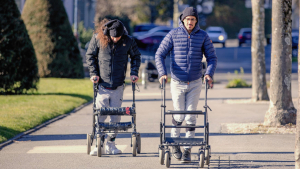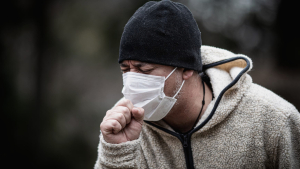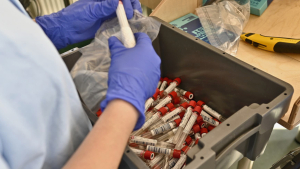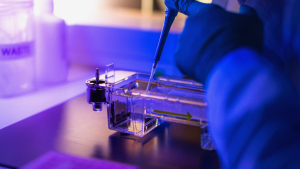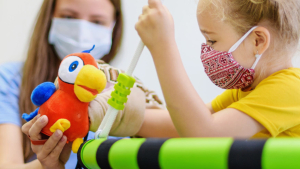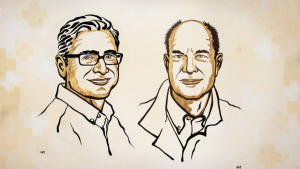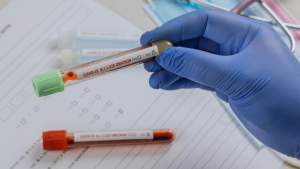Long-term health problems after Covid-19 also occur more frequently in children and adolescents. This is the result of a study by the TU Dresden, which was published as an unaudited preliminary publication in October 2021 and was published one year later in the scientific journal "PLOS Medicine" after a technical examination.
The team around the health researcher Martin Rößler used anonymized health insurance data to compare the frequency of 96 previously defined symptoms of around 157,000 to Covid-19 in the six months after infection with the total population. It was shown that children and adolescents had health problems three months or later after the infection. In adults, health problems occurred by 33 percent more often. However, since adults get sick more often, the absolute increase in the disease burden is around twice as high as in children and adolescents. The investigation indicates that late consequences of infection with SARS-COV-2 in children are less frequent but not negligible.
The results of the working group also show that the suspected long-term consequences are expressed differently in children and adolescents. They mainly experienced malaise, fatigue, exhaustion, cough, as well as throat and chest pain, while adults had mainly odour and taste disorders, fever and shortness of breath three months after a Covid-19 infection. The present study now confirms the internationally described post-Covid symptom clusters in adults for Germany and shows that children also have a different pattern postacutely, neurologist Peter Berlit tells the Science Media Center. "Unfortunately, what this study also cannot show is whether there is actually a causal relationship between Sars-CoV-2 infection and all the symptoms described here.«
Experts primarily praise the large scope and the study design of the investigation. There is a well -chosen control group, which is otherwise rare, says doctor Clara Lehmann, head of the infection protection center, University Hospital Cologne. »The need for the SARS-COV-2 proof via PCR is also worth mentioning. The diagnoses were made by a doctor or psychotherapist, i.e. as part of a presence visit, not via the app or self -assessment. «The results have confirmed many data on Long Covid that have already been collected in other studies.
However, the study also has weaknesses, especially in data quality. "The encryption quality limits the value of the results, as does the retrospective evaluation," says Berlit. In addition, the data are from the first year of the pandemic, so the results relate to variants of the virus that currently no longer play a role. In addition, there were no vaccinations available at the time, so it is not clear how meaningful the results are for the current situation. The study also makes no statements about the consequences of the multiple infections that are now occurring more frequently, which, at least according to a study currently published in "Nature Medicine", are associated with an increasing risk of health damage.








